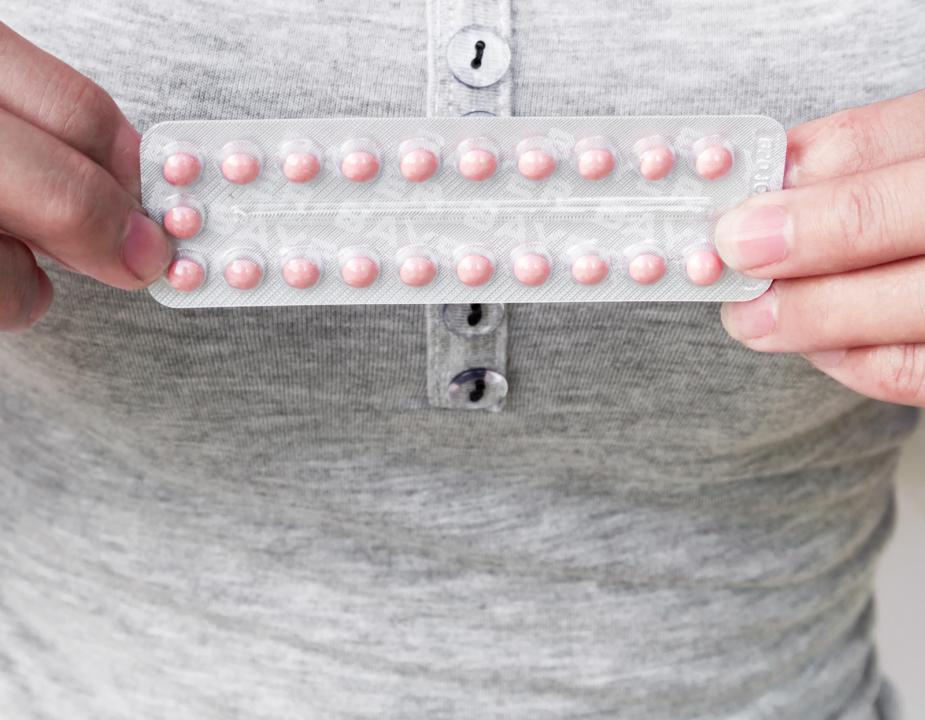Selecting a method of birth control depends on numerous factors like your health, age, and personal preference. There are various options available to prevent pregnancy but whether it’s a device or a pill, all these methods have their own pros and cons. They also come with risks like painful menstrual cycles and more. Whichever method you opt for, always consider all the possibilities, risks and benefits, as well as what you may want in the future. Following are the major birth control options available, some for temporary pregnancy prevention and others permanent:
Birth Control Pill
The most popular method of birth control is using the pills. These birth control pills are 99% effective in pregnancy prevention if you use it as per the direction of your doctor. The birth control pills are of two kinds – mini pill and combination pill.
Mini pill – includes progestin hormone and it helps in preventing pregnancy by thinning the uterus lining and hardening the cervical mucus.
Combination pill – includes a mixture of progestin and estrogen hormones to stop the process of ovulation.
Hormone-Based Methods
There are many other birth prevention methods that are hormone based including vaginal ting, implant, shot and a patch. All these birth controls have the effective rate of 91% to 99.95%.
Intrauterine Devices (IUDs)
This is a T shaped small device which is inserted in the uterus to prevent pregnancy. This device comes in two types – hormonal and copper. When IUDs are inserted and removed, it can cause cramping and pain in some cases. The menstrual cramping is increased with copper IUDs. These devices help in changing the mucus present in the cervix which stops the sperm from touching the egg. These devices, when properly used, have 99% and above success rate.
Vaginal Barriers
There are plenty of products that work as a barrier between the uterus and the sperms. These vaginal barriers include contraceptive sponges, cervical caps, diaphragms, and condoms which are available for both men and women. These birth control methods have a success rate of around 79% to 88%.
Surgical Processes
There are some surgical procedures that can help in preventing pregnancy which includes female tubal ligation. This process aims to block the fallopian tubes surgically which stops the sperm from reaching the egg. Aside from this, removal of uterus surgically, a process called hysterectomy, also stops pregnancy. Vasectomy is another process which is also an effective birth control method performed on men. These processes do not affect the process of intercourse but are permanent birth control procedures. However, in rare cases these surgical processes may get reversed depending on health complications, age and more.
All these birth control methods have both benefits and disadvantages as well. Some of these are more expensive than others. There is not one way of determining which method is the best, it mostly depends on your personal preference. You know best what you are looking for. However, it is best to consult your doctor and also discuss these options with your partner first, especially when it comes to permanent birth control.

